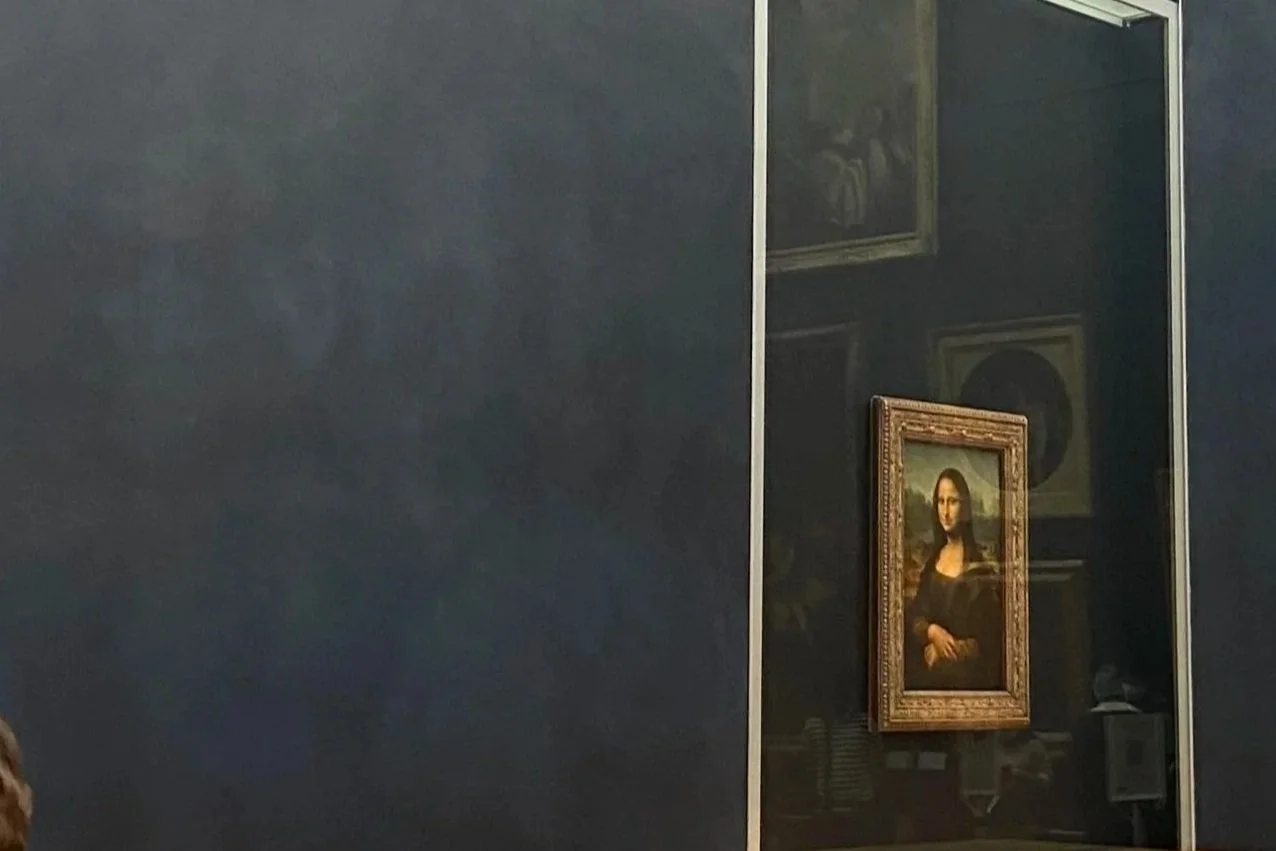Divine privacy of the modern celebrity
The concept of celebrity is characteristically indistinct - what makes a celebrity is a variety of attributes, a lot of them immeasurable, fittingly coined in the term "star power" during the 1970s by educational expert R. Garry Shirts. What is definable of the celebrity is that we’ve always collectively conceived of artists as visionary, resembling divinity and knowledge otherwise unable to be materialised by the average person (the phrase star power fittingly mirroring the individual’s consequential otherworldliness). Artists, and their celebrity status, are specific individuals who can masterfully express the similarly undefinable reality of the human experience.
With that skill materialising in the modern capitalist media environment, they were rewarded with money and opportunity whilst being priced in fame. Now, with the multi-layered media framework that profits from an ecosystem of mass commentary, artists don’t want to be a long-term part of the mechanism that feeds fame and inquiry. That, in turn, feeds envy and frustration. But above all, it signals a class divide - monetary or social.
This frustration stems from the fact that pop culture and the modern press are cultural extensions of the working class. An active representation of a collective – the best of expression, art, rags to riches stories, hard work, and an inspiring escape from being the working class or in an environment that doesn’t feel representative of your own. A small luxury that allows the individual to feel part of something bigger.
The idea that one can detach themselves from the environment surrounding pop culture without consequence, then return to it as they please to create art and profit from it, is one exclusive to the upper echelon of influence. Unconsciously, the celebrity in this act indirectly signals a status hierarchy. In a capitalist society where exposure encourages monetary reward through the vehicle of mass digital media, reserving the right not to engage, whilst also creating and being rewarded from the culture at a self-imposed distance, is a signal of status that the lower-earning individual cannot relate to.
The celebrity is a representative of the human experience and, by extension, the collective. By being a living, breathing representation of intangible human experience, they are the most appealing cultural product. Because functionally, they are a product. Their status as cultural icons employs thousands of people – the stylist, the makeup artist, the assistant, the publicist, the manager. They fund their teams and pull loyalty for their art as they need it. Once this mechanism is in place, an accurate representation of the human experience is ineffective for keeping it running. Their actualised individual emotions, relationships, experiences, and fights, are too messy to capitalise on in a visual media landscape. We assume the celebrity represents society because their art does. We crave more of their specific rationale for life by asking them for more art, even if it means just having access to the artists themselves. We demand authenticity so that we can have a constant affirmation that said visionary is one of us, the collective of which they are tastemakers of.
There is, of course, the age-old construct that this individual becomes a patriotic or proud icon of their origins. But as opportunities for media presence multiply and demand for authenticity rises, the idea of being proud of someone for consistently choosing to distance themselves from contributing to the culture beyond their art becomes increasingly associated with self-serving.
The conceptual evolution of the celebrity continues in a society whose demand for media increases, whilst the capacity to deliver emotionally raw art remains the same, just as the capacity to be human does. It's fascinating - the oscillation in opinion from person to person on the idea of the celebrity in our culture and how quickly, once they become a successful agent in capitalism, their role in culture morphs into a much more complex relationship. This creates conditions whereby the celebrity is a piece of cultural art in and of themselves. Living and breathing canvas of the social truth of a society demanding more.

